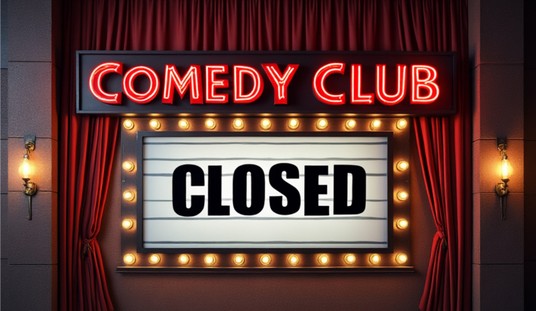A group of Seattle area businesses have gathered 20,000 signatures to place a charter amendment on the November ballot that would repeal the $15 an hour minimum wage bill recently passed by the city council.
Instead, the amendment proposes that the minimum wage eventually be raised to $12.50 by 2020, with an increase to $10.10 an hour in January 2015.
Forward Seattle, which represents restaurants, retailers and other businesses, launched the petition drive in order to save Seattle jobs and businesses from moving out of the city. But there have been complaints from activists that the paid signature gatherers misrepresented what the petition was about. They allege that petition signers were told that the referendum would be on approving a $15 minimum wage, not opposing it.
The signature-gathering effort has been clouded by allegations that paid signature gatherers have misrepresented what the referendum would do, telling some prospective signers that it would raise the minimum wage or that the city ordinance adopting the $15 minimum isn’t official yet.
King County Prosecutor Dan Satterberg today forwarded complaints of fraudulent claims by Forward Seattle signature gatherers to the Seattle City Attorney’s office and the Seattle police for investigation. Satterberg said that the allegations constitute potential gross misdemeanors and so fall under the city’s jurisdiction, not the county’s.
Such is the gamble in using low-paid signature gatherers. Sometimes, they are paid by the signature; in other cases, by the hour. The workers are only as honest as the companies that employ them. We’ll have to see how this works out.
What isn’t in question is the impact of a $15 minimum wage on small businesses, as this business owner describes:
That favorite coffee shop that you go to? That great neighborhood restaurant? That store where you buy your books, pet food, art supplies, or clothes? Each of those businesses survives on around a 5 percent net profit margin. That means that at the end of the year, after all the expenses—the payroll, the supplies, the inventory, insurance, rent, etc.—we all will end up with only about 5 percent income in our pockets if we’re doing a half-decent job. Maybe a bit more, maybe a bit less—but you get the idea. This does not leave a small local business with much room to absorb even a small incr
ease in costs, much less the 60 percent increase demanded by the well-meaning but ill-researched and biased reporters and neighbors involved in this discussion.Here are some more boring facts:
Payroll is approximately 30 percent of my entire costs at Liberty, the bar I own (the average in this business seems to be 30 to 35 percent). If the minimum wage goes up to $12.50 an hour (a reasonable middle ground some have proposed), that would be an increase of 34 percent, which means just to stay even I’d have to raise prices 10 percent across the board—the labor’s percentage increase in total cost to operate Liberty.
If the minimum wage goes to $15 an hour, I’d have to raise my contribution to payroll by 18 percent. So my costs would have to rise by no less than 18 percent, just for payroll—and that’s before my vendors’ increases in costs have to be considered, which I believe will be around another 5 percent, and that’s before Liberty adds any profit.
So it’s not impossible to imagine that costs for business like mine in Seattle will go up by no less than 20 percent.
Those increases are way more than my income. Again, my profit is around 5 percent. And it’s not just me, that’s across the board—for restaurants, for bars, for clothing stores, for pet stores, for art supply stores—many of whom have set costs and are competing with online retail. This makes it very difficult for them to adjust their purchasing.
The profit margin is even less at fast food restaurants. Some fast food outlets claim they would have to raise the price of their food by an average of 25% while cutting staff. Would that be enough to drive customers away? There are many Seattle area businesses that resent the city council making guinea pigs out of them. Outlets in more affluent neighborhoods probably won’t be affected much by a dollar increase in the price of a Whopper or Big Mac. But the reality is, no one knows — a few are interested in finding out.
The $12.50 an hour minimum wage by 2020 seems a decent compromise. But the city council, with its large liberal and socialist majority, isn’t listening. So the way forward is to force the change by getting the voters to pass an amendment.
Whether Seattle Forward can get citizens to understand what’s at stake remains to be seen.










Join the conversation as a VIP Member